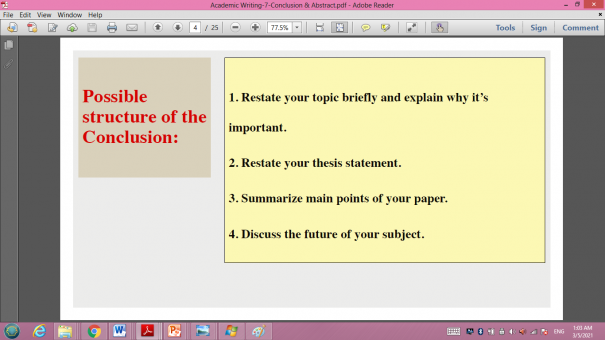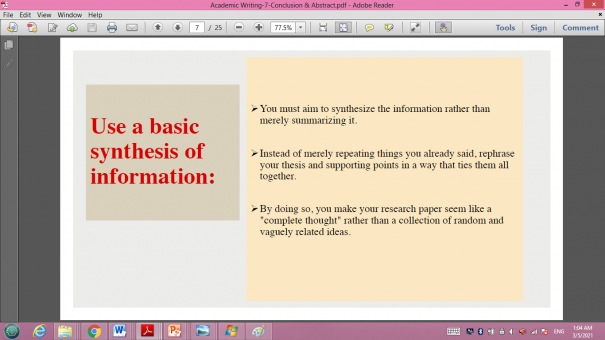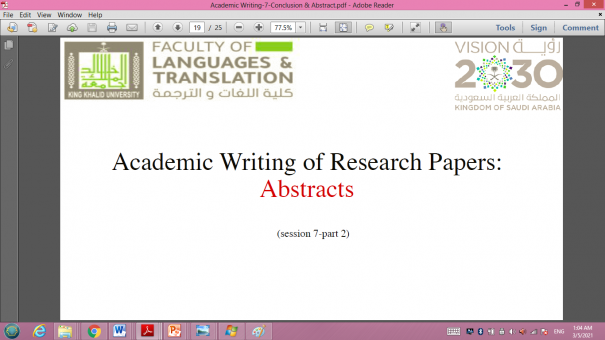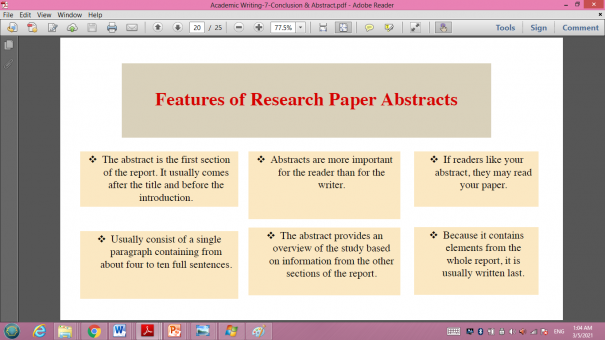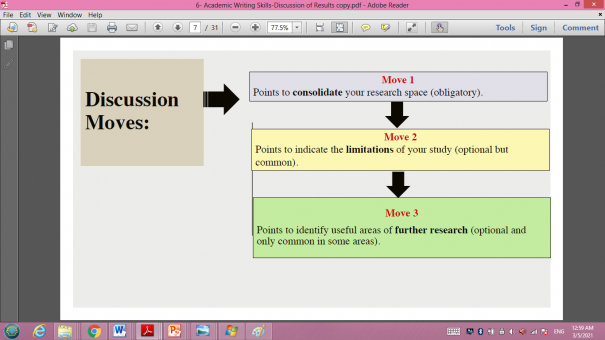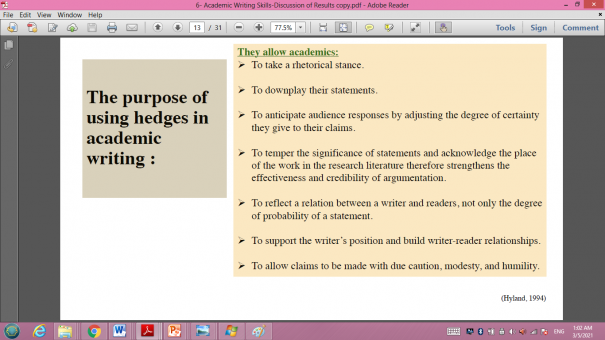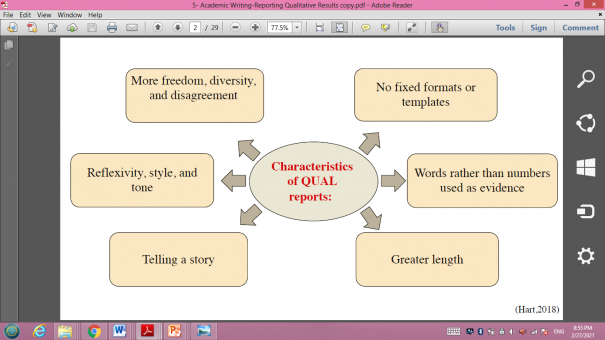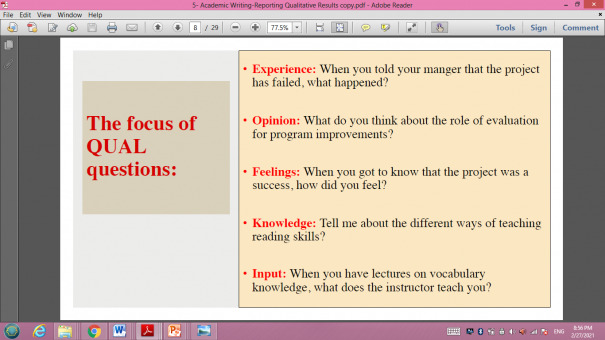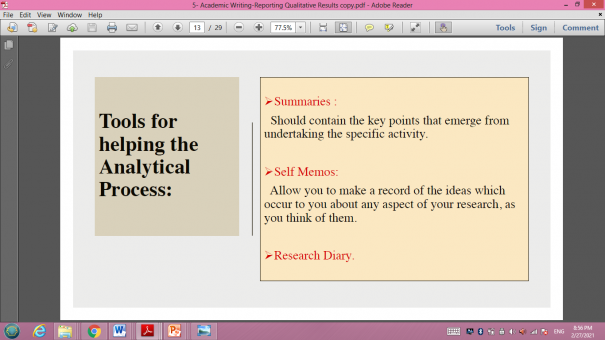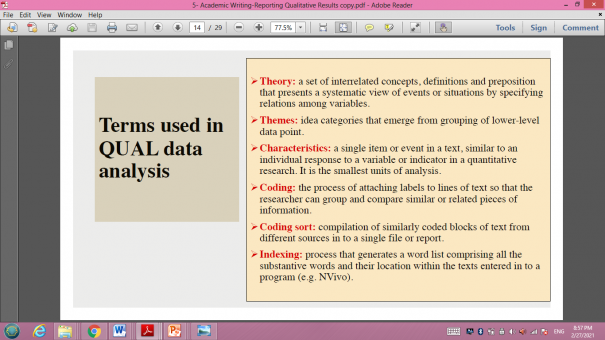FLT Faculty Member Leads Virtual Workshop for Quality Matters
Under the supervision of the Deanship of E-Learning, E-Learning Supervisor, Mohsin Khan, recently delivered a 2-day training course on "Applying the Quality Matters Rubric Workshop (Virtual)". Ms. Safa Al-Shehri and Mr. Abdullah Zubain at the Deanship of E-Learning provided holistic support.
The Quality Matters (QM) Rubric introduces participants to best practices, instructional design, and research-based design principles of an online/hybrid course to ensure quality assurance.
"The 10-hour virtual workshop was particularly helpful to those new to QM or those considering the adoption of a quality assurance process for online and blended learning. It was a great opportunity for 30 faculty members from various disciplines to learn more about the QM Rubric and its use in reviewing the design of online and blended courses," Khan said.
The Deanship of E-Learning explained that the QM Rubric is a widely respected set of standards used to design effective online courses through a faculty peer review process. Participants in the virtual workshop commented that the QM Rubric increases learn engagement and learning achievement.
The Bachelor of Arts in English program is committed to offering expertise to teaching staff in other colleges, allowing them to participate in professional and academic development programs in accordance with a plan that meets their needs and contributes to the development of their performance.
Date: 3/11/2021
Source: Faculty of Languages and Translation

